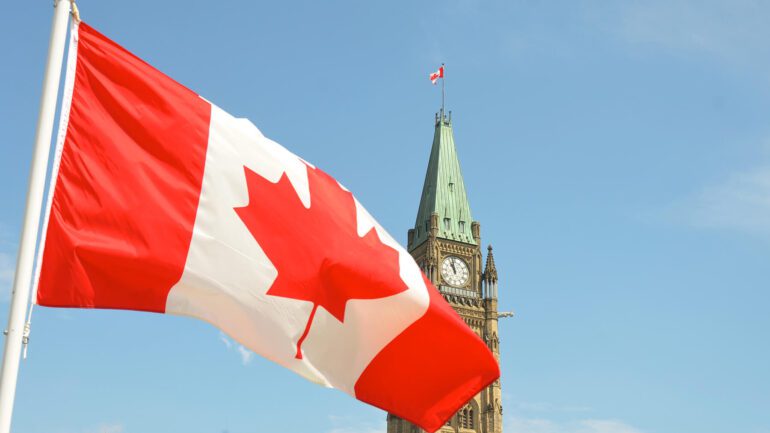TL;DR:
- Google’s AI chatbot, Bard, is undergoing significant expansion, becoming available in most parts of the world and supporting multiple languages.
- However, Canada, along with several other countries, is excluded from the expansion.
- The exclusion is believed to be related to the ongoing disputes between Google and the Canadian government over the Online News Act.
- The Online News Act requires companies like Google to negotiate compensation deals with media outlets, which has led to tensions between tech giants and governments.
- Google remains committed to expanding access to Bard responsibly and expresses enthusiasm about bringing it to Canadians in the future.
Main AI News:
In a recent move by Google, Canada has been left out of the expansion of Bard, the company’s artificial intelligence-powered chatbot. This exclusion comes amidst an ongoing fight between the tech giant and the Canadian federal government over the implementation of the Online News Act. The Bard team announced the chatbot’s “biggest expansion to date” in a blog post, stating that it is now available in most parts of the world and supports the most widely spoken languages.
Google’s parent company, Alphabet, had previously announced its plan to open Bard for testing among users to gather feedback, followed by a public release. The company now claims that its competitor, ChatGPT, can be utilized in over 40 languages and in various countries, including Brazil and several European nations.
The blog post emphasized Google’s commitment to a bold and responsible approach to AI expansion. The company claims to have engaged proactively with experts, policymakers, and privacy regulators during this expansion process. As Bard is introduced to more regions and languages, Google aims to utilize its AI Principles as a guide, incorporate user feedback, and prioritize privacy and data protection.
However, despite being available in over 230 countries and territories, Canada is noticeably absent from the list. Other countries that do not have access to Bard include China, Russia, Belarus, Iran, North Korea, Afghanistan, and Cuba.
In response to inquiries about the exclusion of Canada, a Google spokesperson did not directly address the connection to the ongoing disputes over the Online News Act. The spokesperson highlighted Google’s commitment to expanding access to Bard responsibly, reaching more countries and regions in multiple languages. They also expressed enthusiasm about bringing Bard’s generative AI potential to Canadians in the near future.
Google and Meta, the parent company of Facebook and Instagram, have previously announced their intention to block news links on their platforms in response to the Online News Act, previously known as Bill C-18. The bill, which received royal assent in June, mandates that companies like Google and Meta negotiate compensation agreements with media outlets. Supporters of the law argue that it aims to create a fair playing field in the realm of online advertising, an area where both Alphabet and Meta generate a significant portion of their revenue.
According to the federal Heritage Department, Google and Facebook accounted for 80% of the $9.7 billion in online advertising revenue generated in 2020. Heritage Minister Pablo Rodriguez sponsored the Online News Act. Meta has confirmed its decision to end news availability on Facebook and Instagram for Canadian users, aligning with their previous stance. The company plans to implement this change before the Online News Act takes effect, which is expected to occur approximately six months after the bill’s passage.
In June, Google also confirmed its intent to remove Canadian news from its platforms and terminate existing agreements with local publishers. Both Google and Meta have conducted tests to restrict news access for certain Canadian users. As a response, the federal government, along with the Quebec government and some media companies, has suspended advertising on Facebook and Instagram. These actions illustrate the ongoing tensions between tech giants and governments regarding the regulation and monetization of online news content.
Conclusion:
The exclusion of Canada from Google’s AI chatbot Bard expansion signifies the deepening disputes between the tech giant and the Canadian government over the Online News Act. This ongoing conflict highlights the challenges of regulating online news and the evolving dynamics between big tech companies and governments seeking to shape the digital market. As tensions persist, it remains to be seen how this will impact the market and the availability of AI-powered chatbots for Canadian users.

